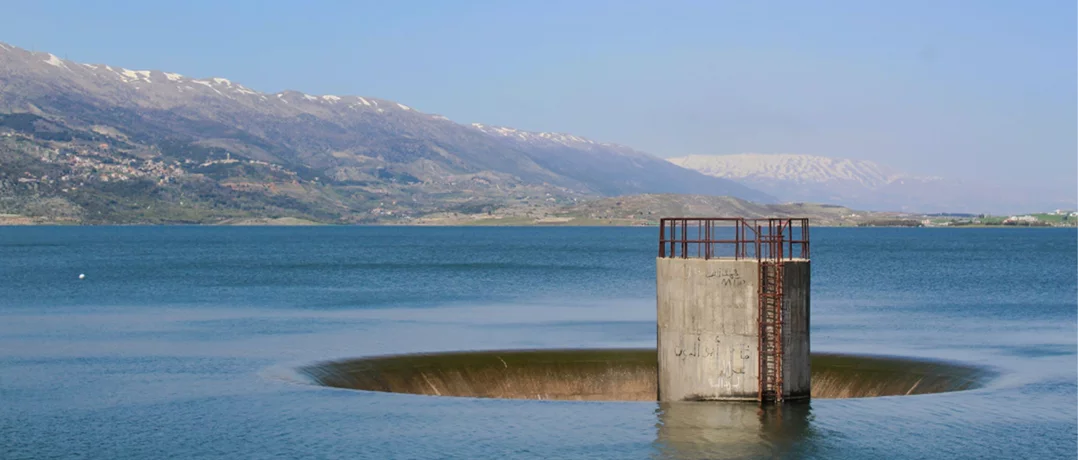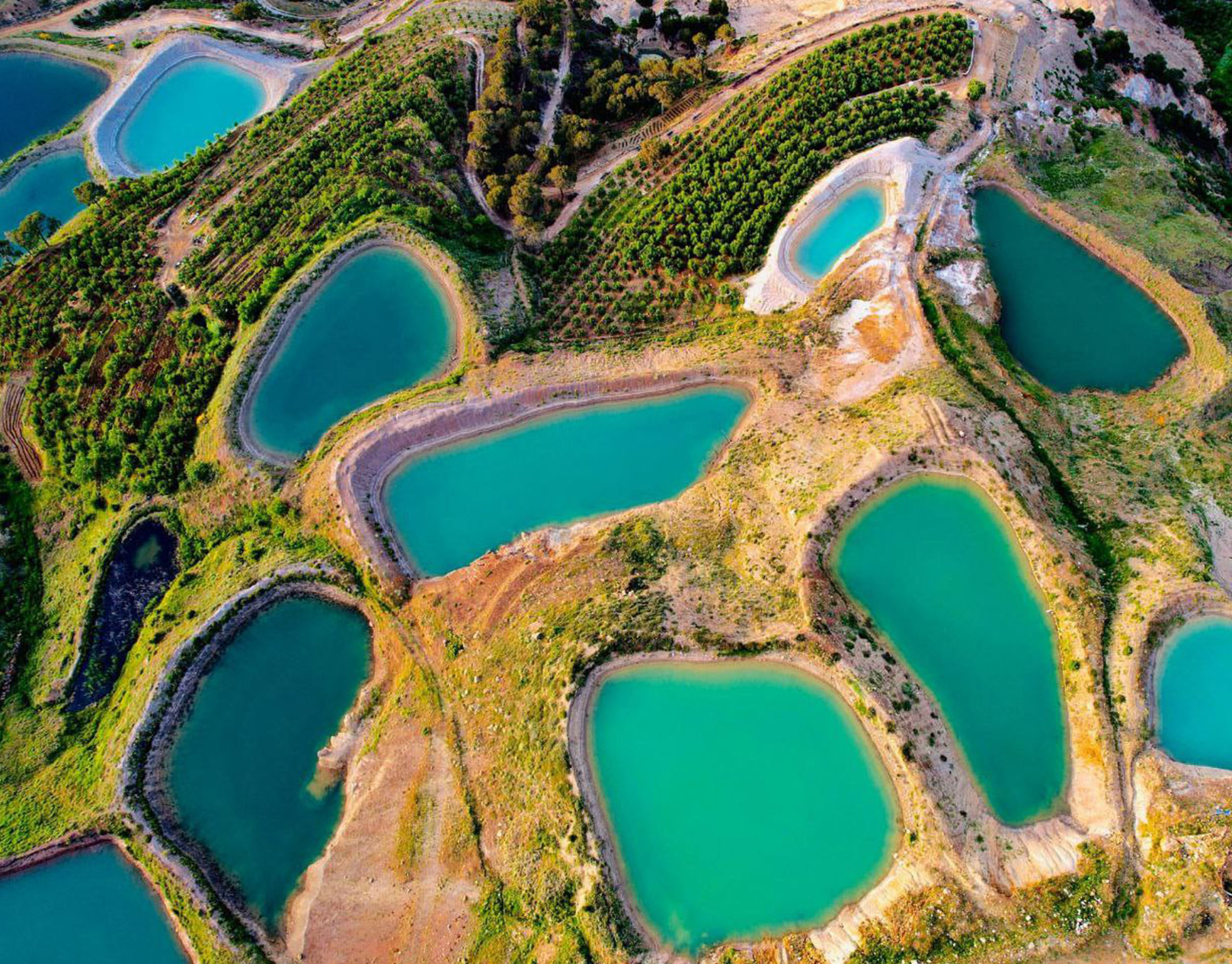Lebanon faces a severe national water crisis, worsened by climate change and decades of government neglect and corruption. In response, the energy ministry has launched an emergency plan that includes infrastructure repairs, public awareness campaigns, and a call for civic cooperation to conserve water.
Lebanon’s deepening water crisis

A ministry representative told The Beiruter that households must treat water consumption with the same care as electricity. “Conserving water is not only a governmental duty but also a civic one,” he said. He added that wasteful habits and the assumption that water is unlimited have worsened shortages now affecting communities across the country.
Years of Neglect
The same official acknowledged to The Beiruter that if Lebanon had begun implementing reforms 15 years ago, the crisis would be far less severe. Installing household meters, regulating private wells, and investing in renewable energy could have eased today’s strain. Instead, years of inaction allowed the problem to grow.
Emergency Plan
On April 15, Energy Minister Joe Sadé convened ministry directors to prepare an emergency response. The plan includes cracking down on violations, repairing damaged networks, forming additional repair teams, creating a transparent distribution schedule, and reactivating dormant wells.
The ministry also plans to continue installing meters to monitor both supply and household consumption.
 Falougha Lakes, Photo: My Lebanon Guide
Falougha Lakes, Photo: My Lebanon Guide
Public Awareness and International Support
The ministry plans public awareness campaigns and will seek support from international donors to fund both immediate relief and long-term planning. Officials pointed out that meaningful progress will require cooperation: citizens reducing waste, and authorities implementing long-overdue structural reforms.
Environmental expert Doumet Kamel told The Beiruter that the minister’s actions, particularly the April meeting, represent the first serious effort by the ministry to tackle the crisis. He added that the World Environmental Party is ready to support the ministry, highlighting the urgency of undoing decades of mismanagement and corruption that have worsened the problem.
A National Emergency
Lebanon’s water shortage is no longer a distant concern. It has become a national emergency that could further strain a country already struggling to stay afloat. Without swift and effective action, the crisis risks threatening both livelihoods and survival.
Lebanon is facing one of its most urgent yet overlooked challenges: water scarcity. While attention has long focused on electricity cuts and economic collapse, experts warn that shortages of water now pose an even greater threat, exacerbated by climate change, aging infrastructure, and decades of political neglect.



